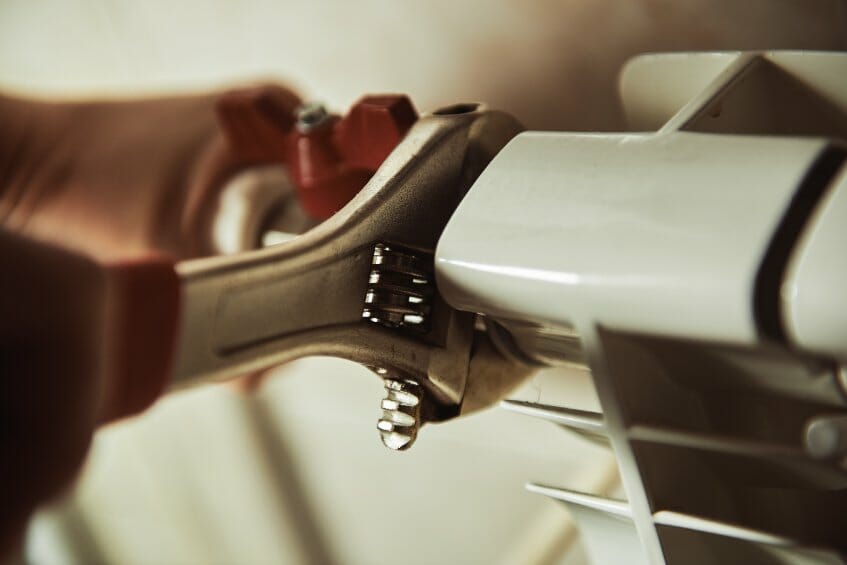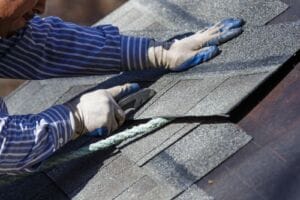Pipe leakage is a prevalent issue that can cause significant damage if not addressed promptly. The dynamics of pipe leakage involve various factors such as water pressure, pipe material, and the nature of the leak itself. When a pipe leaks, it can result from corrosion, mechanical damage, or poor installation.
Each type of leak requires a different approach for effective resolution. Understanding these dynamics is crucial for diagnosing the problem accurately and implementing the most suitable repair method. This technical understanding underscores the need for professional intervention by a local plumbing company, equipped with the necessary expertise and tools to handle such complexities.
The Role of Advanced Leak Detection Technologies
Modern plumbing companies utilize advanced leak detection technologies to pinpoint the exact location of a leak. These technologies include acoustic leak detectors, thermal imaging cameras, and ground microphones. Acoustic leak detectors identify the sound of water escaping from pipes, even through walls and floors.
Thermal imaging cameras detect temperature variations caused by water leaks, providing a visual map of the affected area. Ground microphones amplify the sound of leaks in underground pipes. By employing these advanced tools, plumbing professionals can detect leaks with high precision, reducing the need for invasive exploratory procedures and ensuring a more efficient and cost-effective repair process.
Material-Specific Leak Management Techniques
Different pipe materials, such as copper, PVC, and galvanized steel, require specific leak management techniques. Copper pipes, for instance, are prone to pinhole leaks caused by corrosion. These leaks can be managed using epoxy pipe lining, which creates a protective barrier inside the pipe.
PVC pipes, on the other hand, are susceptible to cracking under pressure, necessitating the use of solvent welding techniques for repairs. Galvanized steel pipes, which often suffer from rust-induced leaks, may require section replacements or complete pipe rerouting. Understanding these material-specific techniques is vital for effective leak management and highlights the importance of engaging a plumbing company familiar with the prevalent pipe materials in the area.
Hydraulic Analysis in Plumbing Repairs
Hydraulic analysis plays a crucial role in plumbing repairs, particularly in identifying the underlying causes of pipe leakage. This analysis involves examining the flow dynamics within the plumbing system, including pressure variations, flow rates, and potential blockages.
By conducting a thorough hydraulic analysis, plumbers can determine whether the leakage is due to excessive pressure, faulty pipe joints, or sediment buildup. This technical assessment allows for targeted repairs that address the root cause of the problem, rather than just the symptoms. Engaging a local plumber ensures that such detailed analyses are conducted, leading to more durable and effective solutions.
Impact of Pipe Leakage on Structural Integrity
Pipe leakage can have a severe impact on the structural integrity of a building. Water escaping from pipes can seep into walls, floors, and foundations, leading to mold growth, wood rot, and concrete deterioration. Over time, these issues can compromise the stability of the structure, posing significant safety risks.
Professional plumbers understand the potential structural implications of pipe leaks and take comprehensive measures to prevent further damage. This includes not only repairing the leak but also assessing and mitigating any resultant structural damage. Contacting a local plumbing service ensures that both the immediate and long-term effects of pipe leakage are adequately addressed.
Addressing pipe leakage problems requires a technical and comprehensive approach that only a professional local plumbing company can provide. From advanced leak detection technologies to material-specific repair techniques and hydraulic analysis, the expertise of local plumbers ensures effective and durable solutions. Moreover, the impact of pipe leakage on structural integrity and the cost-benefit analysis of professional services further highlight the importance of engaging experienced plumbing professionals.




